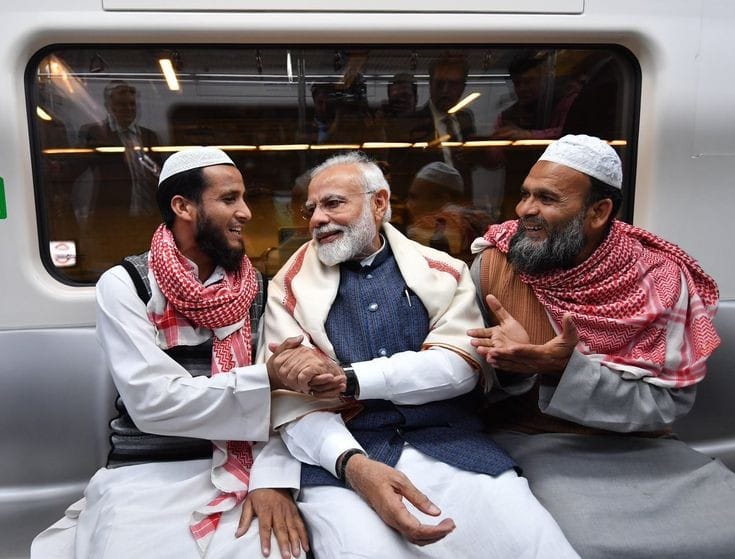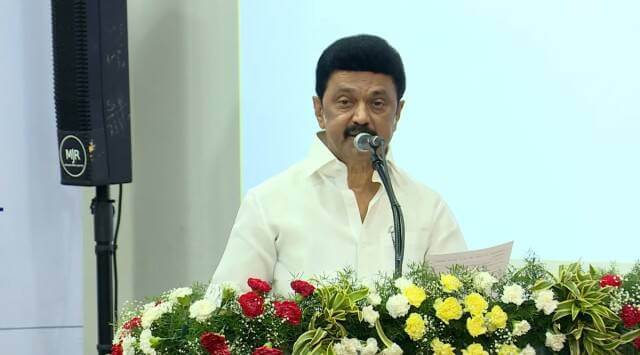
Prime Minister Narendra Modi’s recent visit to Bengaluru, aimed at engaging with ISRO scientists working on the Chandrayaan-3 mission, has garnered attention due to his decision to avoid an airport greeting by Karnataka Governor Thaawarchand Gehlot, Chief Minister Siddaramaiah, and Deputy Chief Minister D K Shivakumar. In a bid to clarify the rationale behind this decision, PM Modi addressed the public, emphasizing that the uncertainty of his arrival time after a long flight prompted him to forgo the customary airport welcome.
Arriving in Bengaluru around 6 am after a direct flight from Athens, Greece, Prime Minister Modi’s primary objective was to interact with the ISRO scientists spearheading the Chandrayaan-3 lunar mission. Amidst speculations and discussions surrounding his choice to skip the customary airport welcome, PM Modi sought to provide clarity regarding his decision-making process.
Addressing a significant gathering at the HAL airport, PM Modi elucidated the factors influencing his decision. Given his arrival from a distant location, the Greek capital Athens, the exact arrival time remained uncertain. To avoid causing inconvenience due to potential delays, PM Modi communicated his preference to Governor Thaawarchand Gehlot, Chief Minister Siddaramaiah, and Deputy Chief Minister D K Shivakumar. He advised against their effort to greet him at the airport, expressing his intention to quickly pay respects to the ISRO scientists and depart.
In his remarks, PM Modi emphasized, “So, I had requested them that when I pay a formal visit, they definitely follow protocol. They cooperated, and I am thankful and grateful to them.” His clarification aimed to underscore the collaborative nature of his decision, which was rooted in the objective of ensuring a smooth and efficient visit to engage with the ISRO team.
In response to PM Modi’s comments, Deputy Chief Minister DK Shivakumar acknowledged the Prime Minister’s perspective. He confirmed that both he and Chief Minister Siddaramaiah were prepared to receive PM Modi at the airport. However, upon receiving official communication from the Prime Minister’s Office, they chose to respect the communication and abstain from the airport greeting.
Shivakumar noted, “I fully agree with whatever the Prime Minister has said. We were supposed to go and receive him, but since we had the information from the Prime Minister’s Office officially, we wanted to respect it. The political game is over; now we are looking at development. Either Chief Minister or I was ready to go and receive him, but since we got official communication, we were not a part of it.”
The episode also witnessed comments from Congress leader Jairam Ramesh, who claimed that Prime Minister Modi had intervened to prevent Siddaramaiah and Shivakumar from welcoming him at the HAL Airport. Amidst these claims and the ensuing discussions, PM Modi’s clarification sought to provide insight into the considerations that influenced his decision.
In conclusion, Prime Minister Narendra Modi’s decision to forego the customary airport greeting during his visit to Bengaluru has ignited conversations about protocol and political dynamics. His clarification sheds light on the pragmatic reasoning behind this choice, grounded in the aim of ensuring a seamless engagement with the ISRO scientists. As the visit continues to be a subject of attention, the emphasis remains on the collaborative approach that underpinned the decision-making process.










